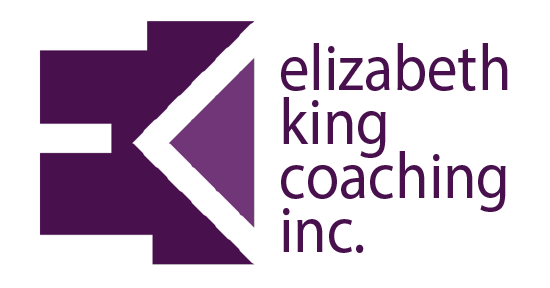Straight Talk about The Secret
I think it’s time we got real about The Secret.It’s time we sort out the differences between wishful thinking (e.g. The Secret or Law of Attraction) and outstanding personal positioning and decision-making (what Rosalene Glickman aptly calls optimal thinking in her eponymous book).It seems that the phrase ‘the secret’ has degenerated into a catchall term for feel good goal setting for folks who honestly mean well. In fact, I read a post on Twitter recently that roughly claimed “when someone wants something very badly, the universe will sense that desire and give it to him.” At first it seems like such a nice idea that if one wants something badly enough that “the universe” (whatever that is) will just line up with her and conspire to make it happen. However, I daresay Hitler really wanted to kill the Jews—and did a pretty outstanding job for a while there—and I’d hate to think that my universe got on board with his wholehearted, albeit despicable, desires. (Let’s leave the total depravity of man notwithstanding for now.) Ultimately, The Secret grants our thoughts and wishes omnipotence above our behaviors.Optimal thinking calls us to decisively weigh out our options, assess the potential outcomes of our actions, calculate the risks, and then pointedly move in a direction towards our objectives.Indeed, the implementation of optimal thinking feels quite a bit like implementing The Secret in that the thinker similarly sets and focuses on her goals and directives. In fact, some of the things that The Secret suggests probably foster the same sorts of outcomes that optimal thinking would. For example, if I have a “vision board” in my kitchen with some pictures of flat stomachs and words like Mr. Right glued to it, I’m subconsciously encouraging myself to stick to yogurt and celery for lunch and to be receptive to men. My vision board may ostensibly lead me to shed some pounds and find a good date.However, optimal thinking makes the personal work far more mindful and restores the thinker’s agency: the skinny waist, Mr. Right, those are all objectives, but instead the thinker is held accountable for designing and following up with a plan that maximizes the possibilities of the outcomes of thinness, happy marriage, Godliness, whatever it is she’s shooting for. Rather than “putting it out there” that she’d like to drop a dress size, she takes every opportunity to assess each situation and how she can best move towards losing a few more ounces.However, it is that same optimization—that calculated risk and energy—which has ultimately propelled good businesses to extraordinary business. Zappos? Optimized. Wine Library TV? Optimized. Apple? Optimized.I suppose leaving one’s own agency (or one’s power to act within his business) out of the equation can be tempting when one’s confidence is shot; in that case, if the objective was merely a wish and it doesn’t come true, there’s no one to blame but Star Light Star Bright. Ultimately though, I would wager that particularly when we’re working toward those goals that seem like they can’t be achieved without resorting to a flat out wish, we’ll fail without the pointed decision to optimize every situation.Ultimately, it’s the contagion and universal applicability of optimal thinking that makes it so successful. It motivates us to move and work and it empowers us to interact with and bring value to those around us. We’re unafraid to challenge others when we’re being fearless ourselves. Knowing and designing a thought life that’s optimal is like applying the rules of game theory to all our endeavors on an hour-by-hour, minute-by-minute basis. Indeed, sometimes things seem to fall into place, but optimal thinking prepares us to respond to less-than-ideal situations and get as much out of them as we can. The Secret is safe; optimal thinking requires ownership. However, the thinker finds he has so much more to own when he’s optimized every opportunity.
(C) Elizabeth King As originally posted on CreativelyThriving.com


